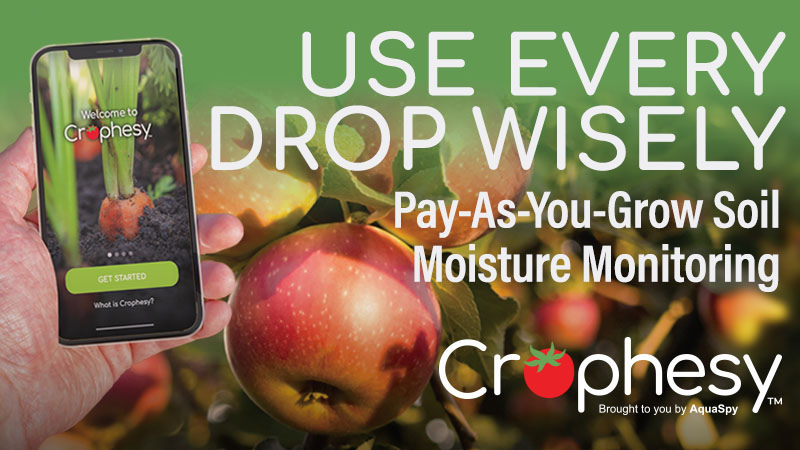Florida Sweet Potato Farmers Learning How to One Up Wireworms
UF/IFAS researchers are digging in to help sweet potato growers in the state save money by managing a nagging nemesis: wireworms.
According to Robert Hochmuth, Director of the UF/IFAS Suwannee Valley Agricultural Extension Center in Live Oak, wireworms became a problem in Florida after sweet potato growers converted fields previously used to grow grain crops.
 Growers had only a few insecticide and several cultural pest management options available, but repeated use of the major insecticide appeared to have begun to cause insecticide resistance in wireworms, said Norm Leppla, a UF/IFAS Professor and Florida Integrated Pest Management Coordinator. “In the past, we didn’t have a major problem with wireworms, so very little research had been done on them,” he stated.
Growers had only a few insecticide and several cultural pest management options available, but repeated use of the major insecticide appeared to have begun to cause insecticide resistance in wireworms, said Norm Leppla, a UF/IFAS Professor and Florida Integrated Pest Management Coordinator. “In the past, we didn’t have a major problem with wireworms, so very little research had been done on them,” he stated.
Hochmuth and Leppla used funding from a Southern IPM Center IPM Enhancement Grant to test various trapping mechanisms on the Extension center in Live Oak to find a consistently effective trap. Several growers, eager to help solve the problem, also volunteered their fields for the study.
The first step involved determining the wireworm species present and the risk of wireworm populations in a field, Leppla said. Hochmuth and Leppla placed their traps in a field where sweet potatoes had not yet been planted.
“We were trying to predict whether the field would be at high risk for wireworms, to help them avoid infested fields,” said Hochmuth.
Hochmuth and Leppla also created a database of all sweet potato farms in Florida, to expedite communication among farmers. The trapping methods will give Hochmuth the information he needs to tell a farmer which fields are safest for sweet potato planting and which are not.
“This is a new problem, so we’re trying to stay ahead of the curve,” said Leppla. “We’re doing prevention, which is a major component of IPM.”
The trapping project will give farmers the information they need to avoid an initial wireworm infestation. Now Leppla and Hochmuth are using a new Florida Specialty Crop Block Grant to continue to the next phase—finding ways to manage the pest for the long term.
To stave off resistance to the only insecticide that controls wireworms, the researchers are examining other management options, including cultural control and biological control, in addition to insecticide application timing to manage wireworm numbers without risking development of resistant wireworm populations.









